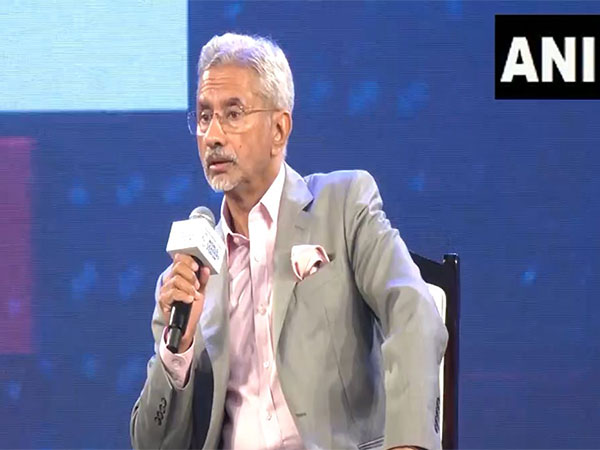PM Modi's Historic Train Journey to War-Torn Ukraine: Jaishankar Reflects on Risks and Opportunities
Prime Minister Narendra Modi's visit to Ukraine marked the first by an Indian leader to the conflict zone. External Affairs Minister S Jaishankar reminisced about the 10-hour train ride, stressing the importance of assessing global risks and India's focus on de-risking policies and seizing opportunities.

Prime Minister Narendra Modi's recent visit to Ukraine, undertaken by train, was a landmark trip as the first by an Indian Prime Minister to the war-torn nation. External Affairs Minister S Jaishankar, reflecting on the journey at the ET World Leaders Forum, quipped that it would have been more comfortable 'with a Vande Bharat', noting that the 10-hour journey each way was the only option available given the circumstances.
During the forum, Jaishankar emphasized the significance of Modi's train ride, drawing parallels with the Prime Minister's previous travel via a Shinkansen bullet train in Japan. Upon his arrival in Ukraine, Modi was warmly received at the station and later welcomed by the Indian diaspora at the Hyatt Hotel. A poignant moment of the visit was Modi's homage at the multimedia Martyrologist at the Ukraine National Museum, where he paid tribute to the children lost during the Russian invasion.
Jaishankar addressed the broader geopolitical landscape, underscoring the necessity for governments to assess risks continually. He remarked on the myriad of global tensions—from conflicts in Europe and West Asia to border frictions in Asia—stressing that the focus on de-risking could enable countries, including India, to harness global opportunities effectively. Reflecting on India's response to the Covid-19 pandemic, Jaishankar credited the country's independent approach for its comparatively better outcome, highlighting that the government's risk assessment and de-risking strategies played a critical role.
(With inputs from agencies.)










